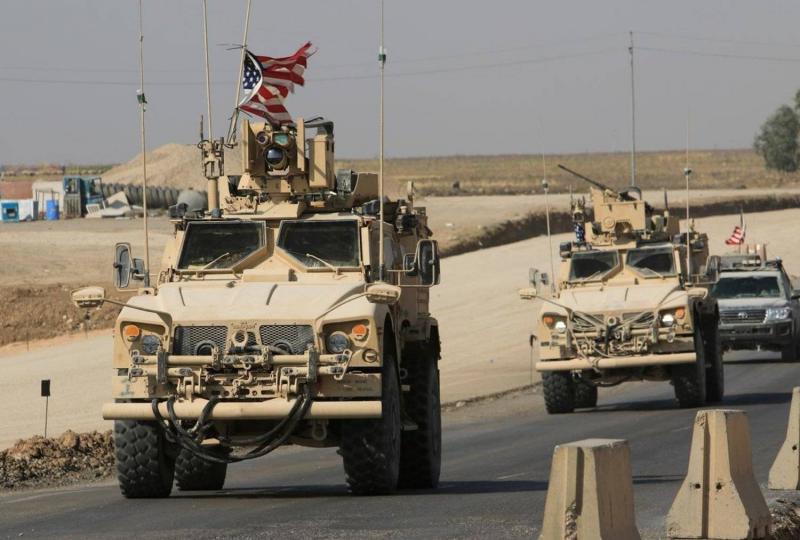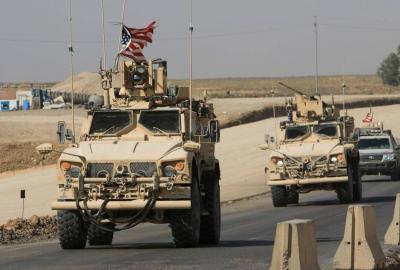Today, Saturday, the first round of bilateral talks between Iraq and the United States has begun to end the mission of the international coalition against ISIS, led by Washington, which Baghdad hopes will lead to a gradual reduction of coalition forces on its territory. The media office of Prime Minister Mohammed Shia' al-Sudani published a photo of the first meeting, which included senior leaders of the Iraqi army, security agencies, and leaders of the international coalition comprising dozens of foreign countries.
An official statement from the media office of the Prime Minister indicated that al-Sudani "is sponsoring the first round of bilateral talks between Iraq and the United States of America to end the international coalition's mission in Iraq." The negotiations are being led on the Iraqi side by the Chief of Staff of the Iraqi Army, General Abdul Amir Yar Allah.
The Prime Minister's foreign relations advisor, Farhad Alaaldeen, noted that "potential progress will determine the duration of these negotiations; the important thing here is the return of these talks and setting the agenda for the next phase of bilateral relations." He added that "Iraq is collaborating with other countries in the international coalition to conclude bilateral agreements that serve the interests of Iraq and these countries."
On Thursday, Iraq and the United States announced upcoming discussions regarding the future of the international coalition led by Washington. Washington confirmed the establishment of working groups composed of "military and defense specialists" within the framework of the "Joint High Military Committee" with Baghdad.
Washington stated that "three main factors" will be assessed in this context, referring to "the threat of ISIS, operational requirements... and the capability level of the Iraqi security forces." In Washington, Deputy Press Secretary of the Defense Department, Sabrina Singh, told the press that the size of the U.S. military presence in Iraq "will certainly be part of the discussions as things progress."
However, a senior official at the U.S. Department of Defense stated that the talks "are not negotiations regarding the withdrawal of U.S. forces from Iraq." This initiative comes amid a highly tense regional context, as since mid-October, more than 150 attacks using drones and missiles have targeted U.S. and coalition forces in Iraq and Syria, directly reflecting the war in Gaza between Israel, Washington's ally, and the Iranian-backed Palestinian Hamas movement.
Despite the announcement of talks between Baghdad and Washington, the "Islamic Resistance in Iraq," a coalition of Iran-aligned armed factions, pledged on Friday to continue its attacks against the international coalition. Approximately 2,500 U.S. troops are present in Iraq, while around 900 U.S. soldiers are deployed in Syria as part of the international coalition launched by Washington in 2014.




